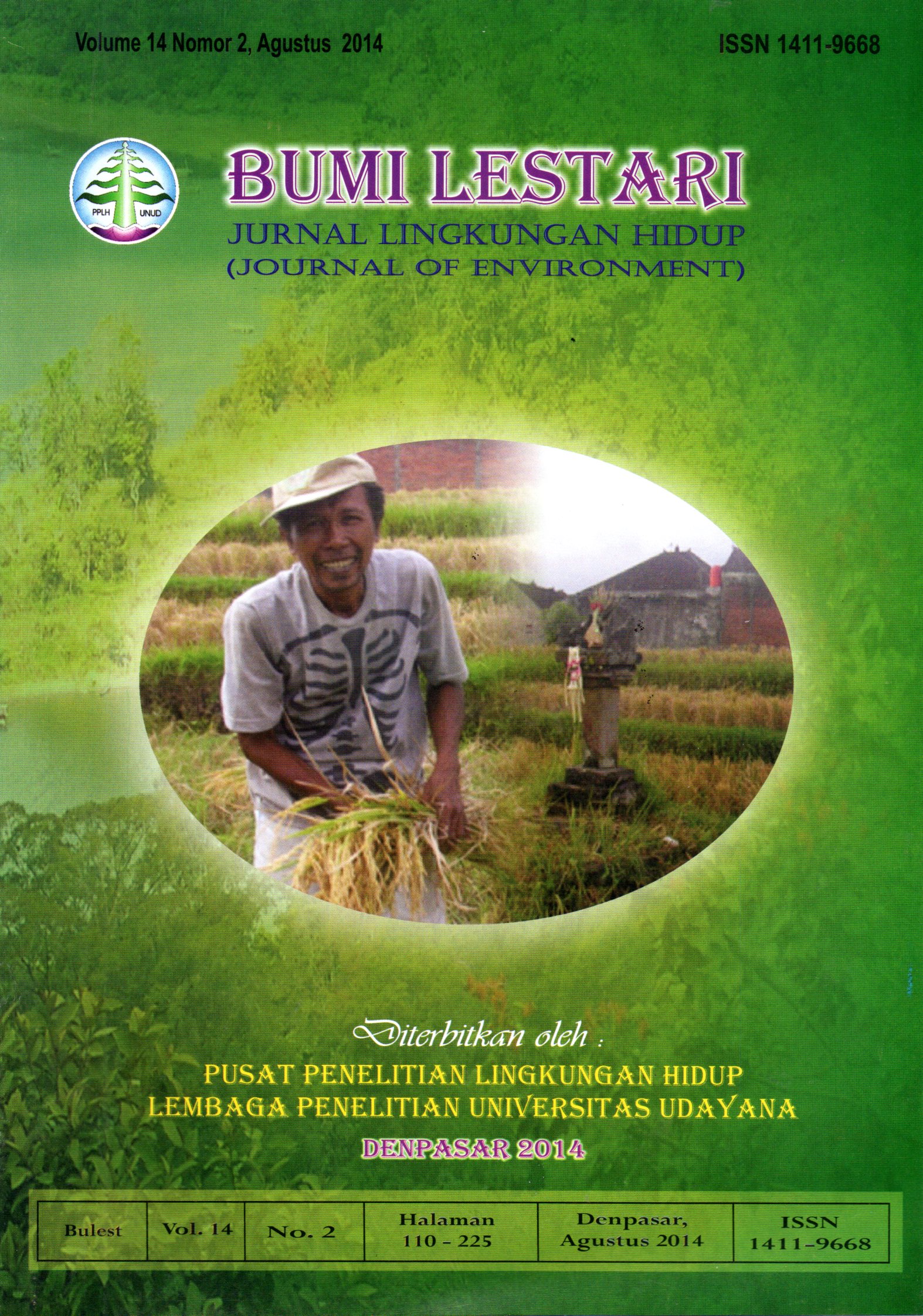PEREMPUAN PELESTARI DAS, PEREMPUAN BERDA (Merintis Keberdayaan Pelajar Melakukan Pemberdayaan Perempuan Bersendikan Kearifan Lokal Sesuai Kurikulum 2013)
Abstract
In Indonesia, there are 5.590 main rivers, 65.017 tributaries, and 500 lakes (Status LingkunganHidup Indonesia, 2010). Ironically, the rivers’ surroundings and watershed have faced
enormous pressure since years ago because of they became the center of the development of
civilization as well as the center of communities’ social-economic activities. Furthermore, the
analysis to 40 watersheds in West Java indicated the decline of hydrological functions. 14
watersheds can be categorized as extremely critical, while 8 watersheds considered to be
critical. The same situations are believed to occur all across Indonesia.
The Basic Competence of Sociology for Social Sciences Specialization in High School,
contained the demand for students to able to design, implement, and report community
development action by using local wisdoms as foundation in the globalization era. From this
basic competence, it is so appropriate to try to formulate an empowerment action for women
as watershed conservationist, with high scholl students as facilitators. Why womesn ? The
answers mostly related to gender stereotypes associated to women, such as gentle, sensitive,
patient, and full of considerations. The stereotypes will enable women to conservate as well
as using the environment continuously. Or by other words, women are assumed to have the
ability to improve welfare without ruin nature.
Downloads
Keywords
Authors who publish with this journal agree to the following terms:
- All articles published by Bumi Lestari Journal of Environment and Environmental Reseach Center Udayana University are made available under an open access license worldwide immediately. This means everyone has free and unlimited access to the full-text of all articles published in Bumi Lestari Journal of Environment, and everyone is free to re-use the published material given proper accreditation/citation of the original publication. Open access publication is supported by authors' institutes or research funding agency by payment of a comparatively article processing charge for accepted articles (See Author Fees). Bumi Lestari Journal of Environment and Environmental Reseach Center Udayana University publish articles under the Creative Commons Attribution License.
- Authors are able to enter into separate, additional contractual arrangements for the non-exclusive distribution of the journal's published version of the work (e.g., post it to an institutional repository or publish it in a book), with an acknowledgement of its initial publication in this journal.
- Authors are permitted and encouraged to post their work online (e.g., in institutional repositories or on their website) prior to and during the submission process, as it can lead to productive exchanges, as well as earlier and greater citation of published work (See The Effect of Open Access).





